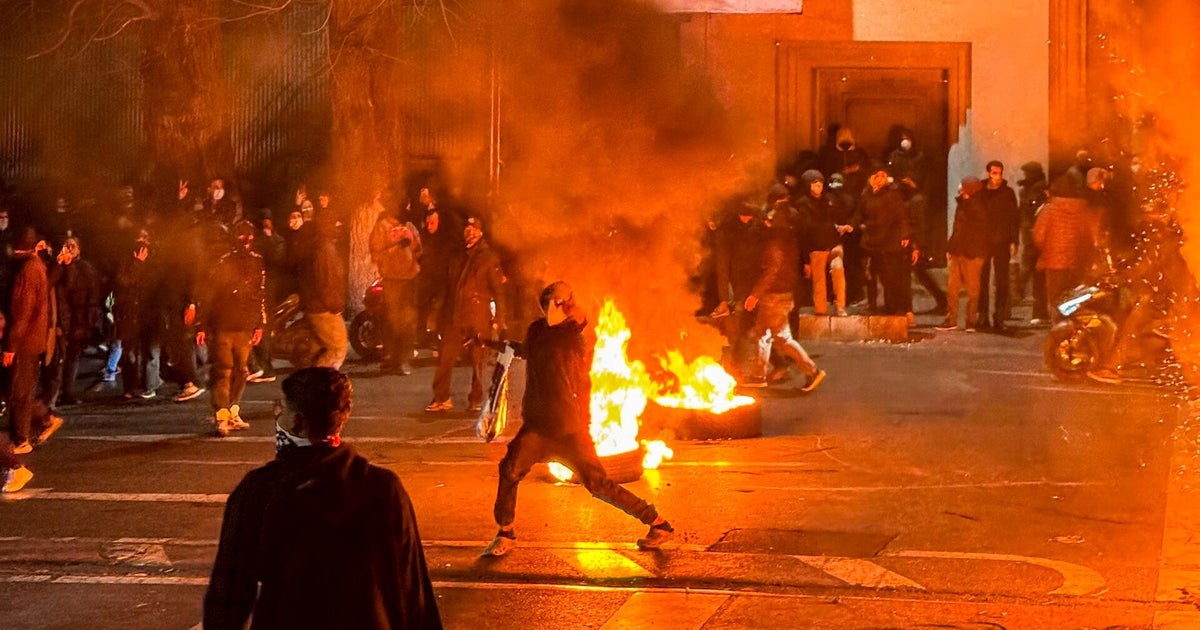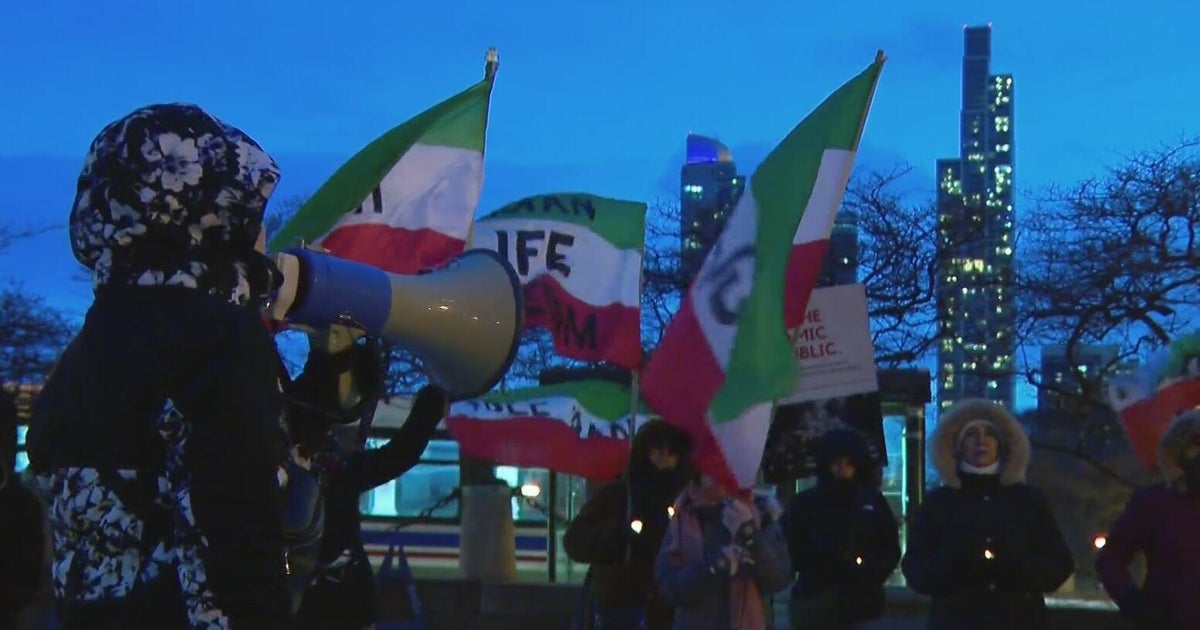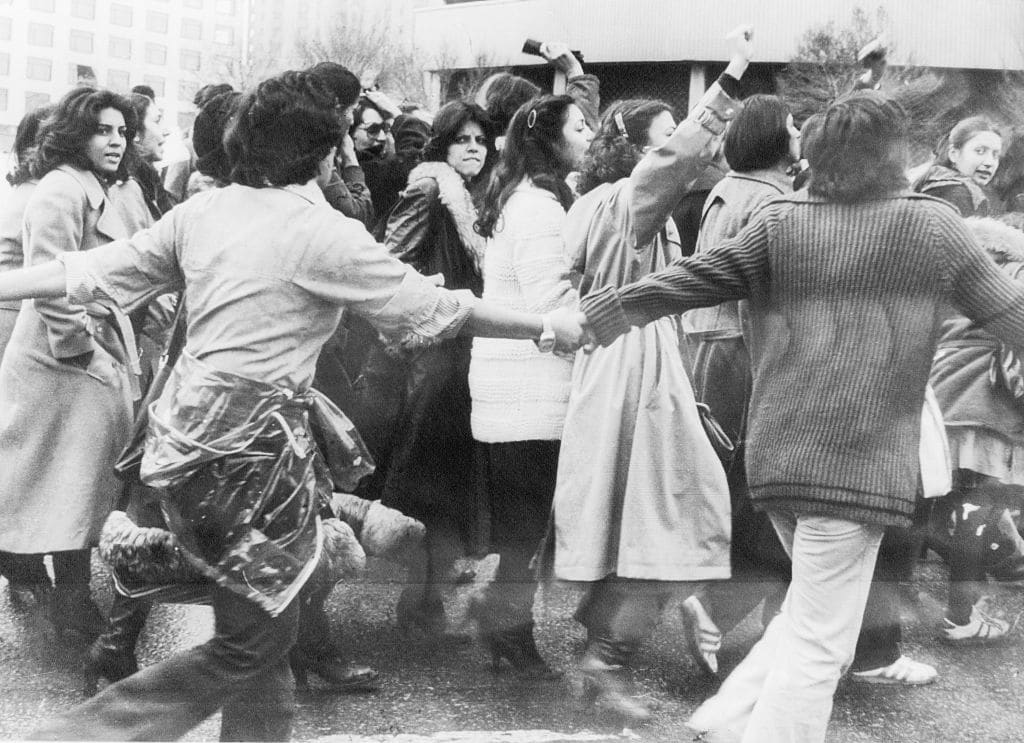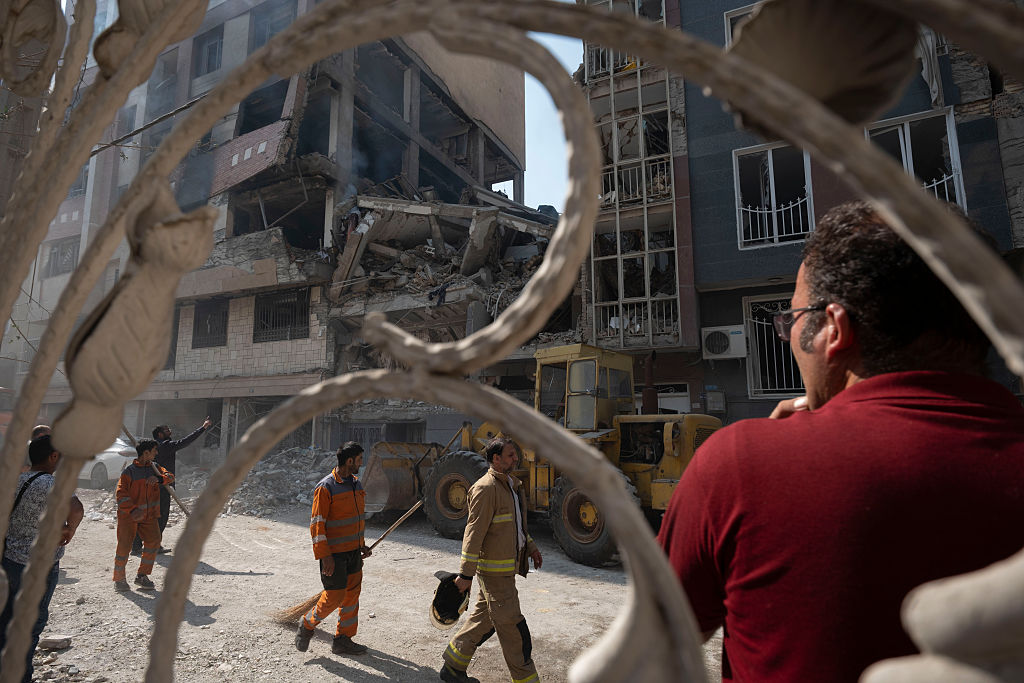U.N. Security Council votes not to extend arms embargo against Iran
The U.N. Security Council on Friday overwhelmingly voted against a U.S. resolution to indefinitely extend an arms embargo against Iran. Without further action, the 13-year embargo will now expire in mid-October, allowing Iran to buy and sell conventional weapons without U.N. restrictions.
The embargo was first formed in 2007, well before the 2015 Iran nuclear deal was forged by the U.S., U.K., France, Germany, Russia, China, Iran and the European Union. That deal, which created the October 2020 expiration of the embargo, gives Iran relief from economic sanctions in exchange for the country not developing nuclear weapons.
The United States, which left the Iran nuclear deal in 2018, argued that the arms embargo should not be allowed to expire because Iran continues to support terrorist organizations. But Russia and China said the U.S. has no place presenting resolutions on a deal that it is no longer a part of, and European allies expressed concern that extending the embargo would cause Iran to withdraw from the deal and begin developing nuclear weapons.
Of the 15-nation Security Council, 11 nations abstained, with two voting yes and two voting no. The United States would have needed nine votes to prevail — but Russia and China, the two nations that voted no, each had veto power and would have been able to defeat the resolution even if it received the nine votes. The Dominican Republic is the only nation that voted with the U.S.
"The result of the vote in #UNSC on arms embargo against Iran shows—once more—the US' isolation," Iran's foreign minister tweeted after the vote. "Council's message: NO to UNILATERALISM."
U.S. Secretary of State Michael Pompeo slammed the vote in a statement, writing, "The Security Council's failure to act decisively in defense of international peace and security is inexcusable."
"It rejected a reasonable resolution to extend the 13-year old arms embargo on Iran and paved the way for the world's leading state sponsor of terrorism to buy and sell conventional weapons without specific UN restrictions in place for the first time in over a decade," Pompeo said.
The White House now has options: Pursue an increasingly hard line against Iran, or forge a compromise with European allies who have said they would consider a temporary extension of the embargo.
The administration has already threatened to reimpose, or "snapback" sanctions on Iran, a move that European diplomats say could threaten the nuclear deal. Other nations have questioned if the U.S. has the international legal authority to do so, a decision that will take months to resolve.
In a statement released after the vote, U.N. Ambassador Kelly Craft doubled down on those threats, writing, "The United States has acted in good faith throughout this process, and made clear to all parties that failure was simply not an option. Under Resolution 2231, the United States has every right to initiate snapback of provisions of previous Security Council resolutions. In the coming days, the United States will follow through on that promise to stop at nothing to extend the arms embargo."
Anticipating the defeat of the U.S.' proposal, Russian president Vladimir Putin this week proposed a meeting with the U.N. Security Council's permanent members, as well as Germany and Iran, to prevent tensions with the U.S. from escalating and disrupting the deal.





